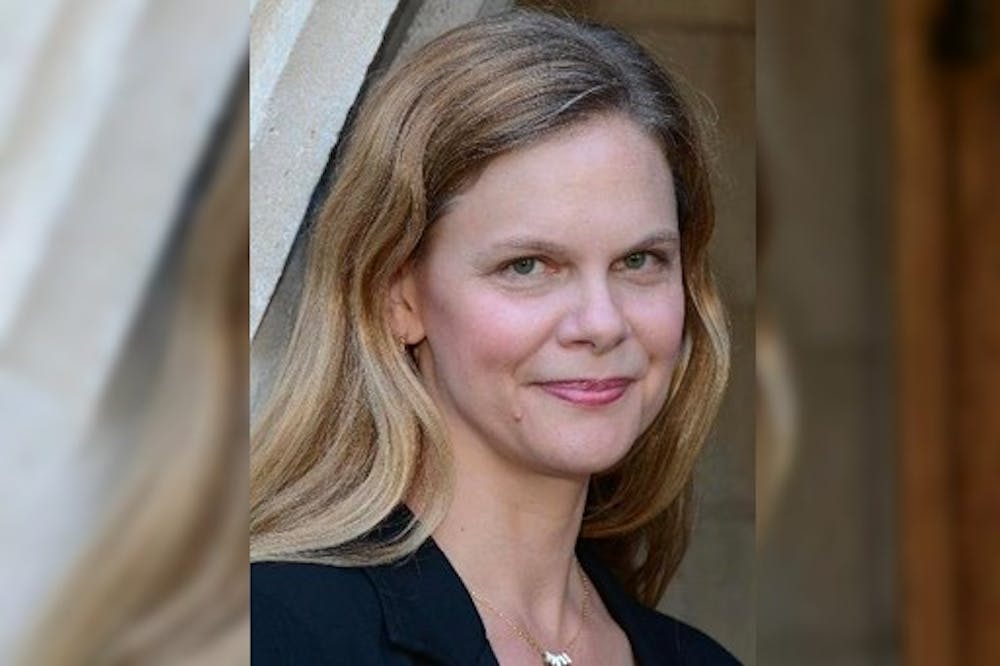
The director of Yale University's prestigious Brady-Johnson Program in Grand Strategy has resigned, claiming that Yale failed to protect academic freedom from donor influence.
Beverly Gage, who has led the program since 2017, told The New York Times that Yale allowed donors to exert inappropriate influence on the program’s curriculum by agreeing to the creation of a predominantly conservative advisory board. She repeatedly asked Yale administrators to push for a more diverse board, but the university failed to take any decisive action. Gage will be stepping down in December.
The program, which was founded in 2000, aims to teach future leaders how to think across partisan lines through immersion in texts, cases, and the study of various historical figures.
According to the Times, donors of the Grand Strategy program pushed to create a conservative advisory board after a lecturer in the program wrote an article criticizing 1968 Wharton graduate and former President Donald Trump.
The Grand Strategy program was established from a record-breaking $250 million donation from Nicholas Brady, former United States treasury secretary under presidents Ronald Reagan and George H.W. Bush, and billionaire and leading Republican donor Charles B. Johnson.
In her time as director, Gage updated the Grand Strategy program curriculum to include global social movements and activists, the New York Times reported.
Gage told the New York Times that Brady and Johnson remained largely inactive in the program’s affairs, although Brady voiced concerns about the Grand Strategy program after Bryan Carsten, a political scientist and lecturer in the program, authored an opinion article about the dangers former President Donald Trump poses to American democracy.
She added that Brady informed her about a provision in the 2006 donor agreement that allows for the creation of an external board that can advise on the program’s practitioners. Despite Gage’s requests to appoint an ideologically and demographically diverse board, the donors chose predominantly conservative males, including former Secretary of State Henry Kissinger.
The Daily Pennsylvanian is an independent, student-run newspaper. Please consider making a donation to support the coverage that shapes the University. Your generosity ensures a future of strong journalism at Penn.
Donate







